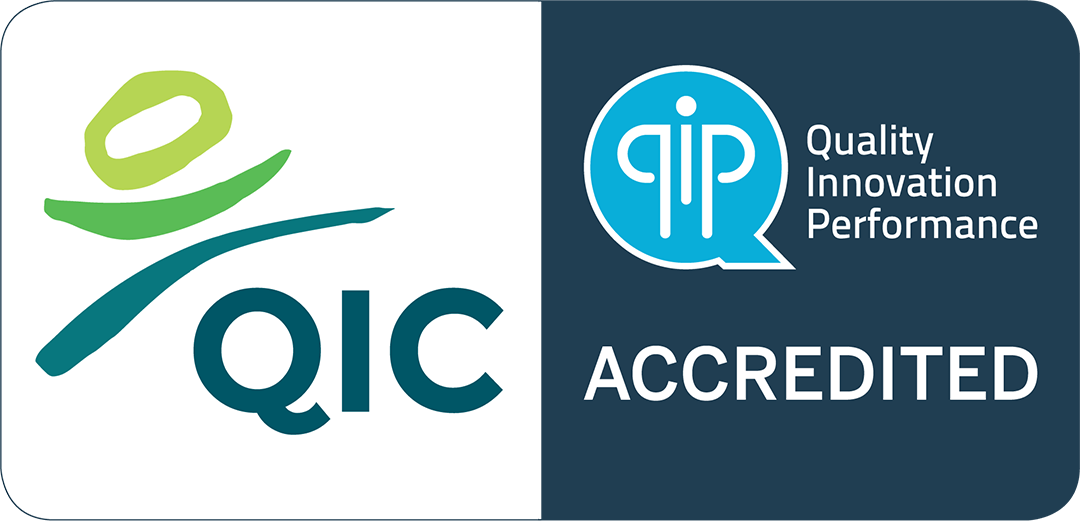NAIDOC Week 2022 – Opinion Piece by Andrea McLeod
By Andrea McLeod, Windana CEO
This year’s theme for NAIDOC week is Get up! Stand up! Show up!
It’s an important reminder for us all that while some significant steps have been taken in Victoria to address the stark inequity between Aboriginal and Torres Strait Islander people and non‑Indigenous Australians, we must all keep pushing for change.
One long-overdue shift that’s needed is to view alcohol and drug use as a public and social health issue. The decriminalisation of public drunkenness is a prime example of this.
For over 35 years Windana has provided services to anyone in Victoria looking to recover or reduce their harms from alcohol and drug use. We see first-hand that providing people with the appropriate care and support they need results in far better outcomes when compared to the short and long-term harm caused by the punitive nature of the criminal justice system.
The Law Institute of Victoria states that in 2019 Aboriginal and Torres Strait Islander peoples comprised more than a quarter (29.6%) of all people imprisoned for public order offences such as public drunkenness in Victoria, despite being only 0.8% of the Victorian population.
These unacceptable statistics may have been avoided if public drunkenness was decriminalised over 30 years ago, as recommended by the Royal Commission into Aboriginal Deaths in Custody.
Positive structural change takes time, and importantly, constant effort from strong advocates for change.
The landmark decision in 2021 to decriminalise public drunkenness in Victoria was made possible in large part due to the tireless efforts of the family of Tania Day, who’s tragic death in December 2017 galvanised Victoria into action.
But it shouldn’t take avoidable tragedy to drive change.
As organisations, community members and individuals we need to listen – and act – when those who are impacted by structural and institutional inequities tell us what needs to change.
And this NAIDOC week – and every week that follows – Windana will be getting up, standing up and showing up as we take our first formal steps towards reconciliation as we embark on developing our Reflect Reconciliation Action Plan.
I’m energised as we begin this journey to learn where we can improve and be a truly welcoming and safe place for Aboriginal and Torres Strait Islander people.
As always, we will continue to celebrate Aboriginal and Torres Strait Islander culture in all our services and be an organisation who listens and acts.
NAIDOC says, “the relationship between Aboriginal and Torres Strait Islander peoples and non‑Indigenous Australians needs to be based on justice, equity, and the proper recognition of Aboriginal and Torres Strait Islander peoples’ rights.”
Justice. Equity. These are at the heart of the social model of health. We must all do our part to push for structural change so people experiencing harm from alcohol and drug use can get the care they need, when they need it.
NAIDOC Week 2022 – Opinion Piece by Andrea McLeod
By Andrea McLeod, Windana CEO
This year’s theme for NAIDOC week is Get up! Stand up! Show up!
It’s an important reminder for us all that while some significant steps have been taken in Victoria to address the stark inequity between Aboriginal and Torres Strait Islander people and non‑Indigenous Australians, we must all keep pushing for change.
One long-overdue shift that’s needed is to view alcohol and drug use as a public and social health issue. The decriminalisation of public drunkenness is a prime example of this.
For over 35 years Windana has provided services to anyone in Victoria looking to recover or reduce their harms from alcohol and drug use. We see first-hand that providing people with the appropriate care and support they need results in far better outcomes when compared to the short and long-term harm caused by the punitive nature of the criminal justice system.
The Law Institute of Victoria states that in 2019 Aboriginal and Torres Strait Islander peoples comprised more than a quarter (29.6%) of all people imprisoned for public order offences such as public drunkenness in Victoria, despite being only 0.8% of the Victorian population.
These unacceptable statistics may have been avoided if public drunkenness was decriminalised over 30 years ago, as recommended by the Royal Commission into Aboriginal Deaths in Custody.
Positive structural change takes time, and importantly, constant effort from strong advocates for change.
The landmark decision in 2021 to decriminalise public drunkenness in Victoria was made possible in large part due to the tireless efforts of the family of Tania Day, who’s tragic death in December 2017 galvanised Victoria into action.
But it shouldn’t take avoidable tragedy to drive change.
As organisations, community members and individuals we need to listen – and act – when those who are impacted by structural and institutional inequities tell us what needs to change.
And this NAIDOC week – and every week that follows – Windana will be getting up, standing up and showing up as we take our first formal steps towards reconciliation as we embark on developing our Reflect Reconciliation Action Plan.
I’m energised as we begin this journey to learn where we can improve and be a truly welcoming and safe place for Aboriginal and Torres Strait Islander people.
As always, we will continue to celebrate Aboriginal and Torres Strait Islander culture in all our services and be an organisation who listens and acts.
NAIDOC says, “the relationship between Aboriginal and Torres Strait Islander peoples and non‑Indigenous Australians needs to be based on justice, equity, and the proper recognition of Aboriginal and Torres Strait Islander peoples’ rights.”
Justice. Equity. These are at the heart of the social model of health. We must all do our part to push for structural change so people experiencing harm from alcohol and drug use can get the care they need, when they need it.






